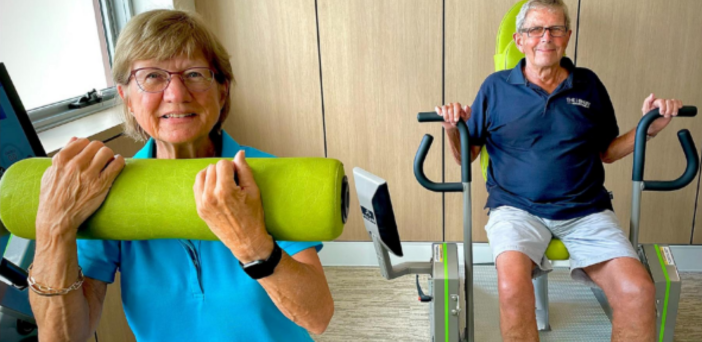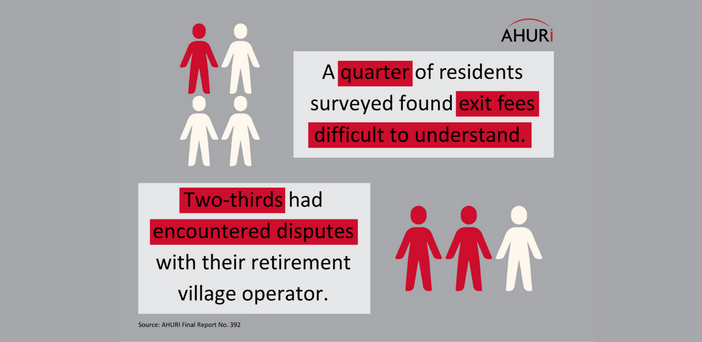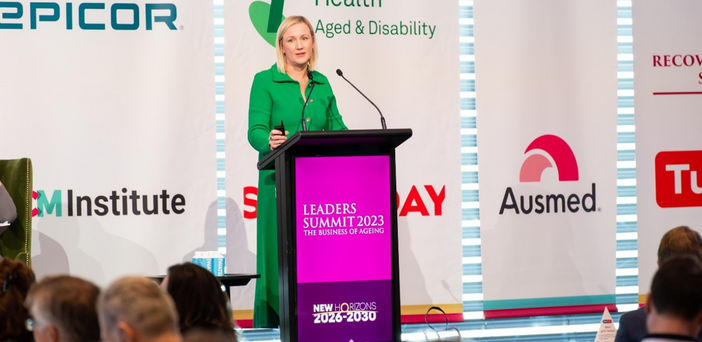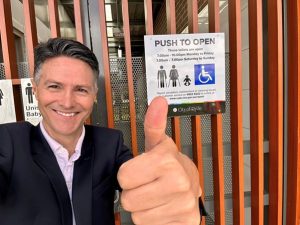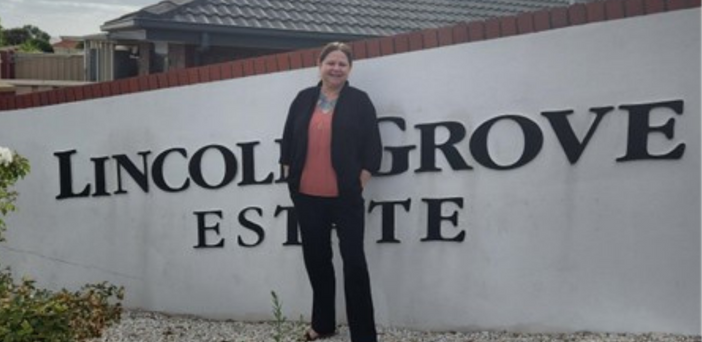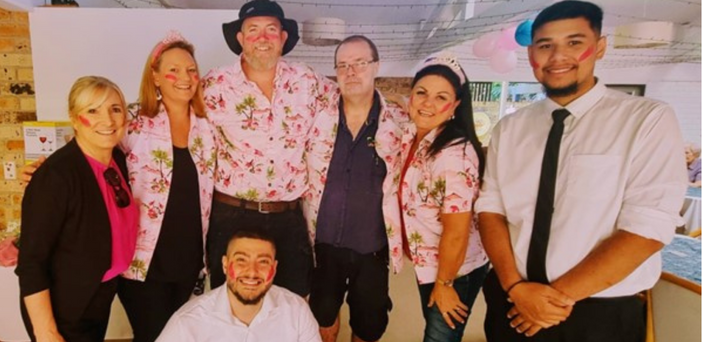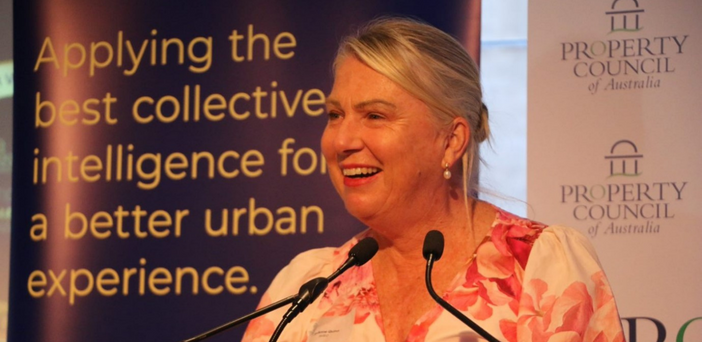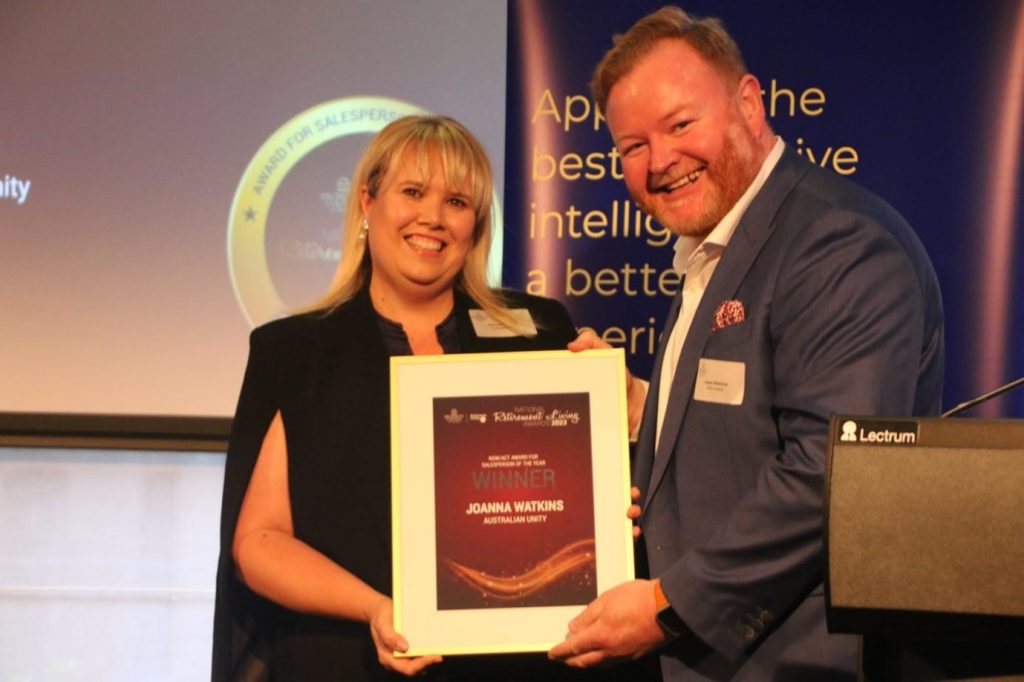The resistance training performed in gyms is a “preventative against ageing” – so why do so many retirement villages and aged care gyms lie empty?
The first stop on any visit to an aged care home or retirement village is often a tour of the gymnasium. The brand new equipment and purpose-designed-and-built room are often a source of great pride – however, more often than not, the visitor will witness a room full of equipment but devoid of residents.
Simon Lockyer, co-founder CEO of Brisbane-based home care provider Five Good Friends, says gyms are often underutilised.
“Providers have usually spent quite a bit of money on a gym facility, but often there’s only one or two people who really use them religiously and the rest of the community doesn’t know how to access it.”
KEY TO RETAINING INDEPENDENCE
Yet ‘getting into the gym’ can mean the difference between your residents ageing well – and positively promoting your village to their family and friends – or leaving for higher care services.
Resistance training – exercises that involve using weights or resistance to build muscle mass and improve strength – is widely known to be the most effective way to maintain fitness and mobility as we age.
Strength training is “a preventative against ageing, disability and disease, and the most important rehabilitation tool for those who have experienced functional decline,” says Dr Tim Henwood, Group Manager, Health & Wellness, at Southern Cross Care (SA, NT & VIC) Inc.
“Research shows [resistance training is]as effective as medication to reduce symptoms of disease such as diabetes II, depression, and anxiety.
“It can strengthen your heart and your lungs almost as effectively as aerobic exercise, and it will have significant implications for falls reduction, which is enhanced positively when it is combined with balance training.”
“If older adults want to remain independent, they must do resistance training,” Tim said.
THE BARRIERS
Yet residents often don’t take up the opportunity.
“For the greater majority, and with the prevalence highest among older adults, many people have no experience in the gym,” said Tim.
“Many people have a negative stereotypical image of what a gym is and what the results are from training.”
“Few realise that strength training exercise has the greatest positive impact on their independence.”
EDUCATION AND SUPPORT IS KEY
How then do you get people moving?
“The first step is always education,” Simon said.
Five Good Friends’ village concierges run sessions to help educate residents. This includes information on the importance of strength and resistance training in maintaining independence and mobility.
Residents have “different barriers” to resistance training so an individual approach is required when working with residents to improve gym attendance, said Tim.
He believes there are four key factors to “better utilisation” of gyms:
- client education,
- casual staffing with appropriately qualified individuals,
- a free comprehensive health assessment and program when the client moves in, and
- encourage people to come together, therefore offering support and social engagement.
USER-FRIENDLY EQUIPMENT
Having equipment that is safe and easy to use is also paramount.
Tim is a self-described “big fan” of HUR equipment, which is designed specifically for rehabilitation and older users.
Designed in Finland and using air resistance instead of weights, resistance on HUR machines can be moved up or down in increments as small as 100g. Starting loads begin at 100g, which reduces stress on the body and minimises the risk of accidents.
Residents can access the equipment using a smart device on their wrist or smartcard; the machines can automatically adjust seat level, lever arm positions, resistance, and repetitions to suit the user.
HUR equipment is “user friendly” and has “less set up and has range of motion appropriate for this age group, and, if you invest in the internet integrated models, they welcome the client by name, set their resistance, count their repetitions and tell them how long to rest for,” Tim explained.
THE BEST SOLUTION: PEOPLE
Tim also believes that having appropriately qualified staff to train, monitor and motivate residents is vital.
“More than equipment, a good instructor, qualified and experienced working with this population, is the best solution,” he said.
While some facilities will have physios and exercise physiologists, many won’t. Providers such as Five Good Friends through their Move Nourish Connect program can help build partnerships with outside providers to bring external experts into the facility. They can also help to build communities around gyms in facilities of people who can exercise together.
Gyms are good for you, but it’s the communities around them that are often the reason people keep coming back.

